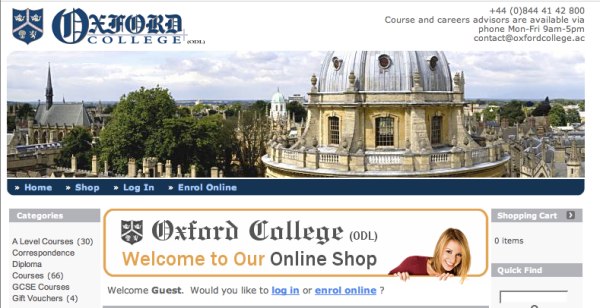Lots of writers have been trying to reach a valedictory assessment of Alexander Solzhenitsyn since he died. Here is Roger Scruton in openDemocracy, for example:
It is fair to say that the three-volume The Gulag Archipelago did more than any other publication to cause the scales to fall from the eyes of those who had been tempted to believe that communism would have been fine, had it not been perverted from its true course by Stalin. Solzhenitsyn showed the way in which, once accountability has been set aside, as it was set aside by Lenin in 1918, and once society had as a result been conscripted to a single goal, with all institutions gathered up into the collective advance, it is not “corruption” that leads to the triumph of evil. The conditions are now in place for evil to prevail, since there is nothing to prevent it.
Yet this evil should not be seen as an impersonal thing. Solzhenitsyn was far from endorsing the thesis of the “banality of evil” as Hannah Arendt had expounded it. Nor did he see totalitarianism as the ultimate source of the evil that it promotes. Rather totalitarian government is the great mistake, made for whatever noble or ignoble purpose, of putting the final goal before the present dilemma. It is this which gives evil intentions the same chance as good ones, which enables the criminal and the psychopath to compete on a level with the saint and the hero. Yet even in totalitarianism the evil belongs to the human beings, and not to the system. This is the remarkable message that Solzhenitsyn, crawling from the death-machine, carried pressed to his heart.
Eileen Battersby has a rather good piece in the Irish Times in which she argues that his great misfortune was to live long enough to be overlooked in his ‘liberated’ homeland.
HAD HE died about 30 years ago, instead of living on until Sunday to die of heart failure at 89, the 1970 Nobel Prize for Literature laureate Alexander Solzhenitsyn would have been remembered as a hero, a prophet and, above all, a great writer in a country of great writers.
But he made one mistake – he survived.
Not only did he survive the second World War, Stalin’s death camps and stomach cancer, Solzhenitsyn, the author of more than 20 books, who went into exile, initially to Switzerland, and then on to the US where he remained for 17 years, survived communism.
His was not an exile of glamour. By the time Solzhenitsyn had settled in Vermont where his household lived in a high security compound of sorts, surrounded by a high wooden fence, the West had already discovered a far more attractive Russian dissident, Joseph Brodsky, who was possessed of a swagger, an anger he could use to theatrical effect and a willingness to play to the gallery. Aside from all of that Brodsky was only 55, he favoured highly Americanised English, whereas Solzhenitsyn’s was formal. Above all, he repeatedly attacked liberalism. His years in the West saw the one-time prophet become a zealot…
But what Battersby sees as zealotry, Scruton sees as integrity — the persnickety quality that led Solzhenitsyn to attack Western frivolity in his famous Harvard address.

